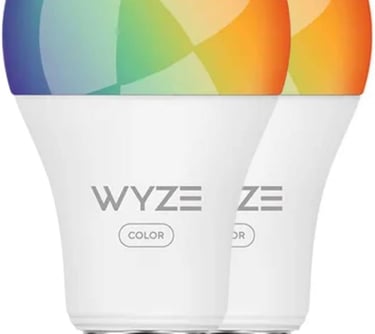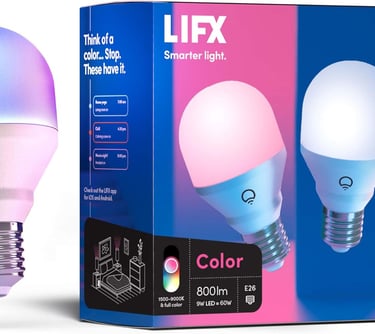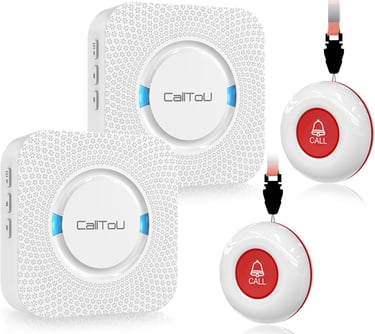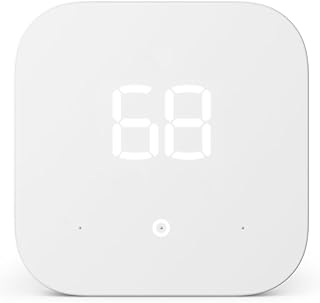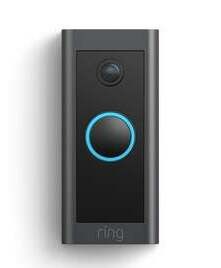

What Is a Smart City? A Simple Guide to the Cities of the Future
Have you ever asked yourself, “What is a smart city?” Or maybe, “How does a smart city work, and why should I care?” You’re not alone. With terms like “smart infrastructure,” “IoT,” and “urban innovation” being thrown around, it can be hard to keep up. So let’s break it down in simple, everyday language.
Let's explore:
What a smart city really is (without the tech jargon)
Real-life examples of smart cities
How smart cities impact your daily life
Whether your city might already be “smart”
The future of smart cities and how AI plays a role
So, What Is a Smart City?
A smart city is basically a city that uses technology and data to make life better for its residents. Think of it like upgrading your phone — but for an entire city.
Instead of traffic lights working on a timer, a smart city might use real-time traffic data to change signals based on actual traffic flow. Instead of garbage trucks following a schedule, they might only go to bins that are full — saving fuel, time, and money.
In short, a smart city is all about efficiency, sustainability, and better quality of life, powered by tech.
How Does a Smart City Work?
Smart cities use a mix of:
Sensors and IoT devices (Internet of Things)
5G networks
Artificial intelligence (AI)
Cloud computing
Big data analytics
These tools help gather and analyze information in real time — from traffic congestion and air quality to water usage and energy consumption.
Quick Example:
Let’s say you're looking for parking in a busy downtown area. In a smart city, an app could show you open spots nearby in real time. The city might even adjust pricing based on demand (aka “dynamic pricing”) to reduce congestion.
Real-Life Smart City Examples
Wondering which cities are leading the way in smart tech? Here are some top examples:
Singapore – Often ranked the smartest city in the world. It uses sensors and AI for everything from traffic control to elder care.
Barcelona – Known for smart lighting, waste management, and public Wi-Fi.
San Diego – Using smart streetlights to monitor traffic and increase safety.
Dubai – Embracing AI and blockchain to become a 100% paperless smart city.
Why Should You Care About Smart Cities?
Great question. Whether you realize it or not, smart city tech is already influencing your life. Here’s how:
Faster emergency response times
Cleaner air and reduced pollution
Lower utility bills through smart energy grids
More accessible public transportation
Safer streets with smart surveillance and lighting
If you care about better living conditions, lower costs, and a more sustainable planet, then smart cities should be on your radar.
Is Your City Already Smart?
Chances are, it might be — at least in part.
Look for signs like:
City apps for reporting potholes or paying bills
Public Wi-Fi and smart bus stops
Real-time transit updates
Smart meters on homes
LED streetlights with motion sensors
You can also search for your city’s “smart city initiative” online to see what’s in the works.
What Role Does AI Play in Smart Cities?
Artificial Intelligence is the brain behind smart cities. AI helps analyze massive amounts of data — in real time — to make decisions automatically.
For example:
AI can reroute buses when there’s a traffic jam.
It can adjust energy usage in buildings based on weather patterns.
It can even predict when a streetlamp will go out before it happens.
If you’ve ever searched, “How is AI used in smart cities?” — the answer is: pretty much everywhere.
The Future of Smart Cities
Looking ahead, we can expect:
Autonomous public transport
AI-powered city planning
Climate-responsive infrastructure
Digital twins (virtual models of cities for testing changes before building them)
More citizen involvement through apps and AI chatbots
And as AI search tools like ChatGPT become more integrated into daily life, people will start asking things like:
“What’s the smartest city in America?”
“Is my city using smart tech?”
“How can I live in a smart city?”
Cities that make this info accessible and user-friendly will win.
Why Smart Cities Matter to You
Smart cities aren’t just some futuristic dream. They’re happening right now, and they’re changing how we live, work, and move around.
Whether you're a resident, business owner, or tech lover, understanding what smart cities are — and how AI plays a role — can help you make better decisions for your future.
What’s the Connection Between Smart Homes and Smart Cities?
If you’ve been wondering, “How are smart homes connected to smart cities?” — here’s a simple answer:
👉 Smart homes are the building blocks of smart cities. They use the same technologies — like IoT, AI, sensors, and real-time data — to improve daily life. When thousands of smart homes connect to city systems, they help create safer, more efficient, and more sustainable urban environments.
Here’s how smart homes and smart cities work together:
1. Smart Homes Provide Data That Smart Cities Use
Smart homes collect data from devices like:
Smart thermostats
Security systems
Energy meters
Water sensors
When this data is anonymized and shared (with user consent), city planners and AI systems can:
Predict energy demand
Detect leaks or outages
Plan public services more effectively
AI search query this answers:
“How do smart homes help smart cities?”
“Can smart home data be used in city planning?”
2. Smart Homes Improve City-Wide Energy Efficiency
When thousands of homes adjust lighting, heating, or appliance use automatically, it reduces stress on the grid. Smart cities can:
Offer dynamic pricing
Reduce carbon emissions
Balance energy loads using home-generated solar or battery power
AI search query this answers:
“Do smart homes save energy in smart cities?”
3. Shared Infrastructure: 5G, IoT, and AI
Smart homes depend on the same infrastructure as smart cities:
Fast 5G networks
Cloud platforms
AI-powered automation
IoT connectivity
This shared backbone allows real-time communication between homes and city systems.
AI search query this answers:
“Do smart homes and smart cities use the same technology?”
4. Smart Homes Enhance Public Safety
Smart security systems, smoke detectors, or medical alert devices in homes can:
Alert emergency services automatically
Share location data during incidents
Help city responders react faster
AI search query this answers:
“Can smart homes improve emergency response?”
“How do smart homes help public safety in smart cities?”
5. Transportation and EV Integration
Smart homes often include:
EV chargers
Smart garage doors
Connected commute apps
When integrated with a smart city’s transportation system, this enables:
Smarter traffic routing
Dynamic charging times
Better coordination between personal vehicles and public transit
Smart Homes Are the Foundation of Smart Cities
To put it simply:
Smart homes feed into smart cities by sharing data, using shared infrastructure, and helping city systems become more responsive.
If you're living in a smart home, you're already part of a smart city — or at least the foundation of one.

